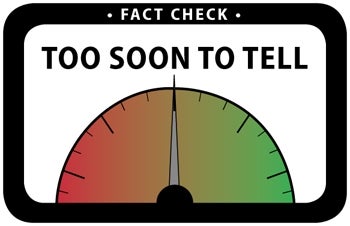In mid-January, Gov. Deval Patrick announced a series of municipal health insurance reforms that he said could help save cities and towns $120 million. With the new rules, municipalities must either join the state Group Insurance Commission (GIC), or provide a plan of equivalent value to the GIC by this summer. In this week’s Behind the Sound Bite, we wanted to know if the change will really save $120 million. And, according Geoffrey Beckwith, president of the Massachusetts Municipal Association, it’s too early to tell.
What is the GIC?
The state’s Group Insurance Commission is a quasi-public state organization that was founded in 1955 and now provides health insurance and other benefits to 350,000 members, most of whom are public employees. Cities and towns can opt to have their employees be part of the GIC.
Does switching over to the GIC save communities money?
According to Beckwith, that’s hard to say. For some communities switching over to the GIC will net savings. But there could also be increased costs. For example, municipalities only have to give health insurance to staff that work at least 19 hours a week. Under the GIC, the limit is 20. If a municipality switches to the GIC, there could be additional health insurance obligations, according to Beckwith.
Furthermore, Beckwith said that Patrick has proposed that any savings that are created by moving into the GIC be shared between the municipality and the employees. So Beckwith said that even if there are $120 million in savings, not all of that would be realized by the communities. Beckwith said because of all of the variables, it’s difficult to predict how much the state will actually save because of these reforms.
Is there a better way?
Beckwith and the Massachusetts Municipal Association have proposed giving communities more flexibility in designing their own plans outside of collective bargaining with public unions. Doing that, Beckwith estimates would save about $100 million.

